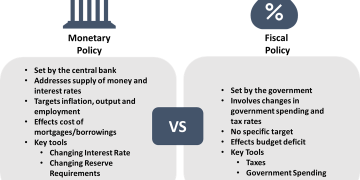I. The Rise of Neural Data
BCIs generate vast streams of data—patterns of brain activity that reveal attention, emotions, intentions, even unspoken words.
As this data becomes commercially valuable, it raises fundamental questions: Who owns your thoughts?
II. Ethical Flashpoints
- Cognitive Liberty: Individuals must retain the right to think freely without external interference.
- Informed Consent: Users need transparency about how neural data is collected and used.
- Mental Privacy: Preventing unauthorized reading or manipulation of thought.
- Bias and Discrimination: AI models trained on neural data could encode harmful social biases.
III. Legal Challenges
Current laws (like GDPR or HIPAA) are insufficient to protect mind-level data.
Emerging proposals include:
- Neuro-rights Charters: Advocated by UNESCO and several countries to enshrine mental privacy.
- Data Fiduciary Laws: Mandating companies to act in the best interest of data subjects.
- Global Treaties: Needed to regulate cross-border neural data flows.

IV. Debate: Innovation vs. Protection
- Pro-Access View: Restrictive laws might slow medical progress and innovation.
- Pro-Protection View: Unchecked commercialization of neural data risks undermining democracy and personal identity.
A balanced framework must safeguard fundamental rights while enabling responsible progress.
V. Recommendations for a Trusted BCI Future
- Establish independent ethics boards for BCI research.
- Standardize neural data protection laws worldwide.
- Invest in secure, privacy-preserving technologies (like homomorphic encryption for neural signals).
- Enhance public participation in policymaking.
VI. Concluding Reflections
The age of neural interfaces forces humanity to redefine the boundaries of self and society.
Protecting mind privacy is not just a legal or technical issue—it is a matter of preserving the essence of human freedom.
















































